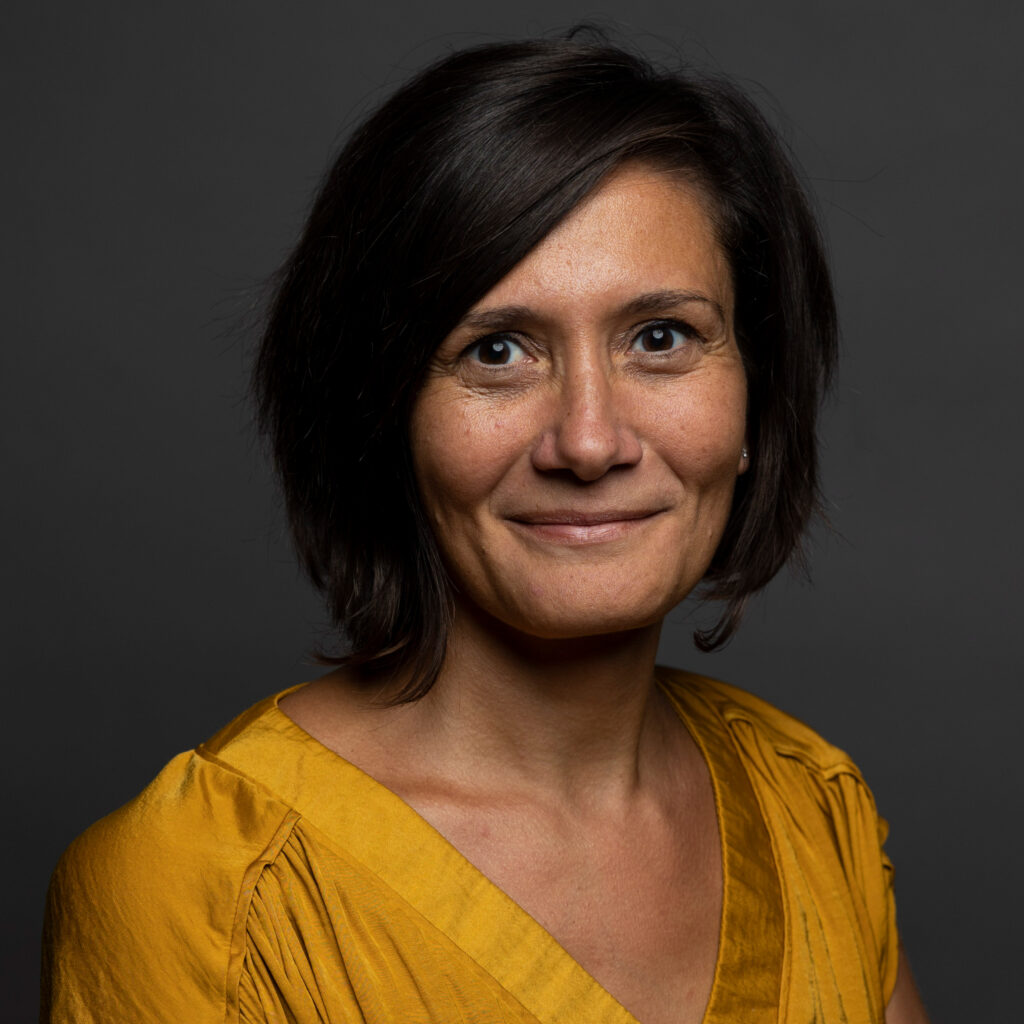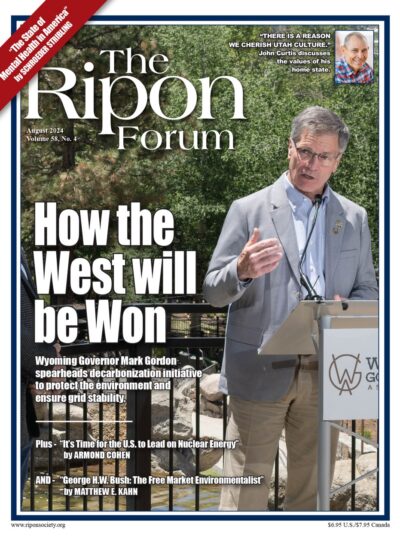
In the 2019 European Parliament elections, the centre right and centre left lost seats to a surge in support for the far right, Renew Europe, but also parties campaigning on a climate and environmental protection platform – the so-called Green Wave. This paved the way for the adoption of the European Climate Law in 2020, making the target of net zero greenhouse gas emissions from the EU legally binding, and the European Green Deal (the package of measures to work towards this target) one of the signature pieces of the first Ursula von der Leyen Commission.
Despite the European People’s Party remaining the largest political party after the European Parliament Elections in summer 2024, and von der Leyen being voted in as European Commission President for a second term, continued implementation of the European Green Deal is now hanging in the balance. The strategic agenda agreed to by the EU Council for the next five years mentions climate change as a challenge, and talks about the green transition as part of the competitiveness agenda, but climate change will not be front and centre of what von der Leyen stands for in her second term.
The impacts of climate change are being felt more strongly than ever in Europe, and the competition for green tech domination is getting fiercer as the impacts of green industrial policy plans in China (Made in China 2025) and the U.S. (the Inflation Reduction Act and associated measures) are being felt by European businesses. Logically, one would assume that the green transition would have moved up – not down – the EU political agenda in the last five years. So what has changed?
The EU is in a very different political moment from 2019, and one of the main factors driving EU political leaders’ nervousness about a prioritization of a climate agenda now is a perception that the European public no longer backs it.
The EU is in a very different political moment from 2019, and one of the main factors driving EU political leaders’ nervousness about a prioritization of a climate agenda now is a perception that the European public no longer backs it. One visible development has been the proliferation of agricultural protests gripping all parts of the EU over the past years, from Poland to Germany to the Netherlands to Italy to Spain. These protests have paralyzed motorway systems, causing havoc in capitals and drawing attention to the disparity in profits between small farmers and agri-industry.
A central message of the farmers has been about the burden that climate action is placing on the farming community. The agricultural lobby was a strong voice in raising concern about implementation of key elements of the European Green Deal, such as the Nature Restoration Law in the summer of 2023. But a second dimension of the farmers’ message is about the inability of European farmers to compete with farmers in other parts of the world because of what they perceive as overly generous terms of free trade deals offered by the EU. French President Macron leaned into this narrative in February 2024, immediately zeroing in on one of the leading stories on social media around the protest about the lower environmental and social standards required of farmers in Mercosur countries compared to EU farmers, and claiming without consultation with the Commission that Paris had told Brussels not to sign the trade agreement with Mercosur countries which had been over 20 years in the making.
Reading the farmers’ protest as a simple backlash against climate action is therefore a misunderstanding. Public opinion polls consistently show that Europeans – including farmers – are concerned about climate change and see it as a priority for the EU. As a recent paper by my ECFR colleagues Ivan Krastev and Mark Leonard set out, the five crisis tribes that the EU has experienced in the past decades – climate, Covid-19, the economy, immigration, and the war in Ukraine – have shaped different parts of the electorate in different ways. For France and Denmark, the climate crisis is the one that has most impacted their outlook.
In every country surveyed except for Sweden and Denmark, more people would prioritize paying less in energy bills rather than reducing greenhouse gas emissions if they had the choice because of their concern about the cost of living.
Voters are concerned, though, about the costs of climate action not being evenly shared, and about Europeans’ livelihoods being impacted, as their businesses are constrained from competing by environmental standards imposed by their government. ECFR’s public opinion work shows that in every country surveyed except for Sweden and Denmark, more people would prioritize paying less in energy bills rather than reducing greenhouse gas emissions if they had the choice because of their concern about the cost of living. A plurality in most countries also believed that their national leader wanted to increase energy prices to help with climate change above all other priorities. It appears that the belief that action must be taken on the climate crisis is being undermined by the lack of faith that European governments are sharing the costs of the green transition evenly across the population.
The European story so far on retaining the permissive consensus for decarbonization is a salutary one for other major powers on the necessary journey to net zero. The public accepts the case for climate action, and even the logic of first mover advantage in a world that is decarbonizing. But unless an effective package of social measures to compensate homes and small businesses for the costs of the transition is put in place, and a clear narrative from progressive leaders on their commitment to the green transition – to provide business certainty – is maintained, this consensus can be put in jeopardy. Europe’s political leaders must meet this challenge over the coming months to ensure they do not veer off the bold course they have set themselves.
Susi Dennison is Senior Director for Strategy and Transformation at the European Council on Foreign Relations.




